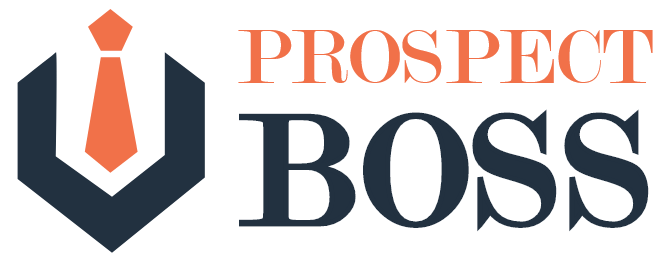-
Data Encryption:
- Ensure that data transmission between users and the CRM system is encrypted using secure protocols such as HTTPS. This protects data from being intercepted during transit.
-
Access Controls:
- Implement robust access controls to restrict user access based on roles and responsibilities. Only authorized personnel should have access to sensitive customer information.
-
Authentication Mechanisms:
- Enforce strong password policies and multi-factor authentication (MFA) to enhance user authentication and prevent unauthorized access.
-
Data Backups:
- Regularly back up customer data to prevent data loss due to system failures, accidental deletions, or cyber attacks. Implement a comprehensive disaster recovery plan.
-
Audit Trails:
- Maintain detailed audit logs that track user activities within the CRM system. This helps in monitoring for any suspicious behavior and aids in compliance reporting.
-
Compliance with Data Protection Regulations:
- Ensure that the CRM system complies with data protection regulations such as GDPR, HIPAA, or other applicable laws based on your industry and geographic location.
-
Data Ownership and Portability:
- Clarify data ownership and establish procedures for data portability to enable users to retrieve and transfer their data as needed.
-
Regular Security Audits:
- Conduct regular security audits and vulnerability assessments to identify and address potential weaknesses in the system.
-
Incident Response Plan:
- Develop an incident response plan to address security breaches promptly. This plan should outline the steps to be taken in the event of a security incident and how to communicate with affected parties.
-
Training and Awareness:
- Provide training to users on security best practices and raise awareness about potential threats such as phishing attacks. Users should understand their role in maintaining system security.
-
Integration with Third-Party Services:
- If integrating with third-party services or APIs, ensure that these connections are secure and compliant with relevant standards.
-
Vendor Security Assurance:
- If ProspectBoss CRM is a third-party solution, conduct due diligence on the vendor's security practices, certifications, and compliance with industry standards.
-
Regulatory Compliance Documentation:
- Maintain documentation that demonstrates compliance with relevant regulations and standards. This documentation can be crucial in case of audits or inquiries.
-
Data Residency and Sovereignty:
- Ensure compliance with data residency and sovereignty requirements, especially if dealing with customer data from different regions.
By addressing these security and compliance considerations, organizations can mitigate risks associated with using a contact-centric CRM system like ProspectBoss CRM and create a secure environment for managing customer information. Regularly reassess and update security measures to stay current with evolving threats and regulations.
